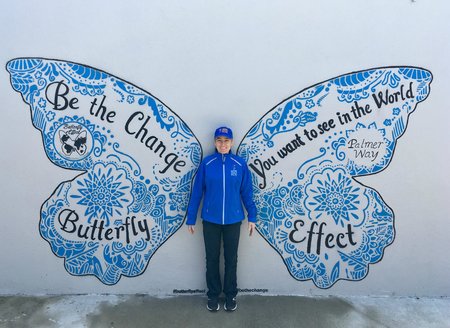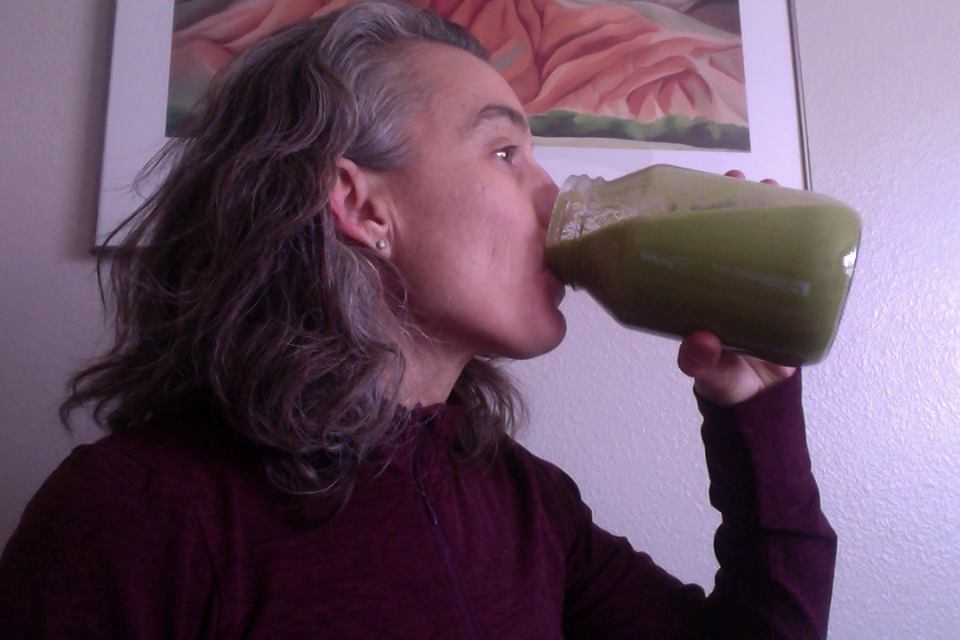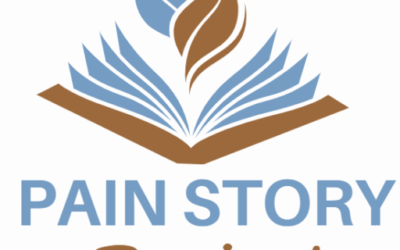At the 2013 Sun Valley Wellness Festival, I attended a presentation titled “Leading the Anti-Inflammatory Lifestyle” with Dr. James Rouse. Dr. Rouse is an accomplished naturopathic physician, triathlete, speaker, author, and more. After you finish reading this blog, I encourage you to visit his website and try his “Fit Kitchen” recipes. Actually, I have been enjoying his green smoothie, grain-free pancakes, and quinoa porridge for breakfast. Delicious! And healthy, too!
I’d like to talk a bit about what he presented. Before I get into that material, though, I want to back up and explain what inflammation actually is. When our body is threatened, our immune system and vascular system activate. As a result, we get an inflammatory response. This means that blood plasma and white blood cells move to the site of the injury. This, in turn, causes swelling, redness and heat.
You might recall that I discussed the stress-response discussed in my last blog. Similarly, the inflammatory response can also become destructive to the body. Over time the type of cells in the inflamed tissue change. This change can contribute to conditions such as cancer, heart disease, or depression. Additionally, it can affect conditions like Alzheimers, type 2 diabetes, arthritis, osteoporosis and accelerated aging. In other words, inflammation affects all of our body’s systems.
Sometimes, we have chronic inflammation. And sometimes, our lifestyle contributes to this issue. To explain, here are some of the factors that add to the problem.
- Imbalance in Omega 3 & 6 Oils
- Stress
- Sugar & Insulin Spiking Foods
- Lack of Quality Sleep
- Fat Cells
You can do things to help the problem, though. During his talk, Dr. Rouse outlined four steps to take.
Step 1: Excel at Happiness
As you might already know, I am a big believer in positive psychology. Likewise, I think that fostering optimism and happiness improves our health. Actually, I have written about a couple of the strategies that Dr. Rouse suggested, such as using your strengths and expressing gratitude. Now, Dr. Rouse urges us to do some other things. For example, he says we should seek meaningful friendships and community. We should also give back, practice kindness to ourselves and others, and avoid social comparisons. And finally, we should be forgiving and live spiritually. If you do all of these things, your happiness can be changed! Although 50% of “happiness” is fixed, less than 10% is determined from your circumstances. Thus, you can control the other 40%. It’s built by your behaviors and actions. Therefore, you should develop happiness-generating rituals today!
Step 2: Exercise
Jack Lalanne once said it all. “Exercise is king, nutrition is queen, and together you have a kingdom.”
Clearly, exercise has many benefits. One of these is helping with depression. Dr. Rouse said that when you don’t exercise, it’s like taking a “depressant pill.” Not good! Exercise also reduces anxiety. And, it builds confidence and resilience. So, what’s the best kind of exercise for this? Well, he recommends aerobic exercise and resistance training. Honestly, though, any motion creates positive emotions. In essence, don’t suffer from “Adultitis.” Instead, recapture your inner child. Play!
Step 3: Good Nutrition
A Mediterranean-inspired diet is best. This diet includes foods that are non-inflammatory, fiber rich and antioxidant-rich. Also, we should strive to eat mindful portions frequently.
Here are the top 10 Anti-Inflammatory Foods. When you add these to your diet, you should see less inflammation.
- Wild Fish
- Nuts and Seeds
- Olive Oil
- Cruciferous Vegetables and Dark Green Leafies
- Berries
- Cherries
- Turmeric (Curry)
- Garlic
- Green Tea
- Ginger

Step 4: Be the Change
Finally, this last step is our challenge. Now, we should push ourselves outside our comfort zones! As a result, we will grow and become even better. Or, in Dr. Rouse’s language, we’ll become “More Awesome” than we are now. This is an inner change that includes the previous steps. And clearly, your personal change helps you and the people around you. In a nutshell, when we serve ourselves, we serve the world and others.
So, ask yourself. What is the most exceptional thing I will do today? And tomorrow?



